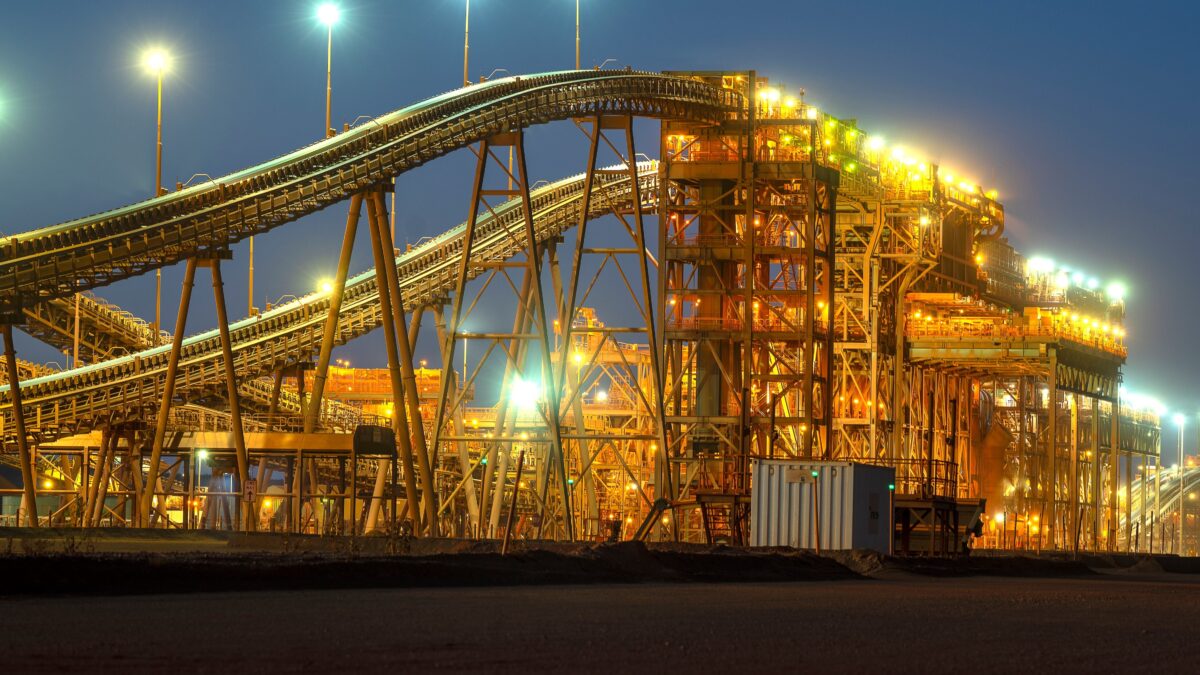BHP Inks Battery Electrification Pacts With China’s CATL, BYD divisions
The mining giant aims to focus on decarbonizing mining operations through battery tech, charging infrastructure and recycling.
Australian behemoth BHP on Monday signed separate agreements with China’s Contemporary Amperex Technology Co., Ltd., or CATL, and BYD’s FinDreams Battery Co., Ltd to explore battery electrification and energy storage technologies, as the mining giant accelerates efforts to cut operational greenhouse gas emissions.
The non-binding agreement signed with the two leading battery manufacturers will see BHP investigate battery applications for heavy mining equipment and locomotives, alongside rapid and flash-charging infrastructure, light vehicle deployment and battery recycling solutions.
The collaborations are part of BHP’s strategy to achieve net-zero operational emissions, or Scopes 1 and 2, by 2050 across its operated assets.
CATL to Support Battery Solutions
The company’s agreement with CATL will focus on developing battery systems for mining equipment and locomotives and exploring energy storage systems and recycling pathways, particularly leveraging copper from BHP’s operations.
“This strategic relationship marks further progress in BHP’s work to reduce greenhouse gas emissions from our operations,” said Rashpal Bhatti, BHP’s group procurement officer, in a statement. “CATL is a global leader in advanced battery technology and is a natural partner for BHP.”
CATL, the world’s largest EV battery maker, is investing heavily in next-generation battery technology and recycling.
“Together with forward-thinking resources companies like BHP, we aim to demonstrate how advanced battery technologies can decarbonise mining operations,” said Tan Libin, head of overseas business at CATL.
BYD Arm to Bring EV Vibe To Mining
In a parallel announcement, BHP said it would work with FinDreams Battery, a wholly owned unit of China’s BYD Group, to examine powertrain batteries, charging infrastructure and the potential use of BYD commercial and light electric vehicles across mine sites.
FDB is expected to provide technical input on integrating battery solutions and help identify opportunities for diesel displacement in heavy equipment.
“This relationship is a further step towards BHP meeting our decarbonization ambitions and helping to drive transformative change within the global resources industry,” said Bhatti.
Jack Li, general manager of FDB’s global commercial vehicle business Unit, called the agreement “a pivotal milestone” in supporting a low-carbon future for the sector. “Leveraging our unique expertise in mining electrification, I am confident this collaboration will drive transformative change,” he added.
Strategic Push Amid Energy Transition
BHP’s deals with CATL and BYD reflect a growing trend among major miners to invest in low-emission technologies as part of broader climate commitments and increasing scrutiny from regulators and investors.
The partnerships also align with China’s emergence as a global leader in battery manufacturing and electrification, offering BHP access to advanced technologies as it looks to overhaul its diesel-reliant operations.
While no financial terms were disclosed, both MOUs represent early-stage frameworks and are not yet binding agreements, but signal BHP’s intent to collaborate with leading battery innovators in the energy transition.
Also Read:
Qantas, Rio Tinto, BHP to Invest $53M in Australian Carbon Credit Fund
Nirmal Menon
Related posts
Subscribe
Error: Contact form not found.


